IOTC resolution immediately bans use of fully non-biodegradable drifting fish aggregating devices
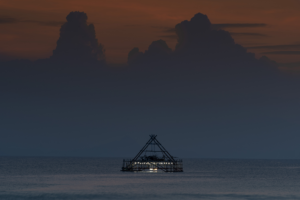
After three years of negotiations and based on a proposal from the EU, the Members of the Indian Ocean Tuna Commission (IOTC) adopted a resolution for the management of drifting fish aggregating devices (FADs). They also agreed on several other measures that are key for the sustainable management of stocks in the Indian Ocean. Overall, 11 new conservation and fishery management measures were adopted.
Since 2022, the EU has consistently presented proposals to improve and tighten the management of FADs in the Indian Ocean. Purse seine vessels, including those flagged in Member States of the EU, use a majority of drifting FADs in the high seas, while coastal communities tend to use anchored FADs that are located closer to the coastline.
Based on an EU proposal, the IOTC adopted “the most ambitious and stringent” management framework for drifting FADs in any ocean to date, which includes:
- The immediate prohibition of the use of fully non-biodegradable drifting FADs;
- The gradual phase-out of non-biodegradable components in drifting FADs to fully biodegradable FADs in 2030;
- The reduction of the number of drifting FADs per vessel (from 300 today to 250 FADs in 2026 and 225 in 2028, the lowest limit ever adopted in a regional fisheries management organization);
- The introduction of the first-ever register of FADs to ensure improved control of this fishing practice.
Fisheries in Focus: What are fish aggregating devices and why is there debate about banning them?
The parties to the IOTC agreed on management procedures for skipjack tuna and swordfish that will allow for “a much more informed, automatic and science-based decision-making process” in the IOTC. The adoption of these measures, sponsored by the EU, places the IOTC at the forefront of modern fishery management. The IOTC is the first tuna RFMO to adopt management procedures for swordfish, a non-tuna species, and to have management procedures for two out of the three tropical tuna stocks – skipjack and bigeye tuna.
However, a fisheries closure of one month in the Indian Ocean was not adopted, which the EU Commission said would have “helped the recovery of the yellowfin tuna and bigeye tuna stocks, which are currently overfished.”
Download the full agreement here.
Now that you've reached the end of the article ...
… please consider supporting GSA’s mission to advance responsible seafood practices through education, advocacy and third-party assurances. The Advocate aims to document the evolution of responsible seafood practices and share the expansive knowledge of our vast network of contributors.
By becoming a Global Seafood Alliance member, you’re ensuring that all of the pre-competitive work we do through member benefits, resources and events can continue. Individual membership costs just $50 a year.
Not a GSA member? Join us.
Author
-
Responsible Seafood Advocate
[103,114,111,46,100,111,111,102,97,101,115,108,97,98,111,108,103,64,114,111,116,105,100,101]
Tagged With
Related Posts
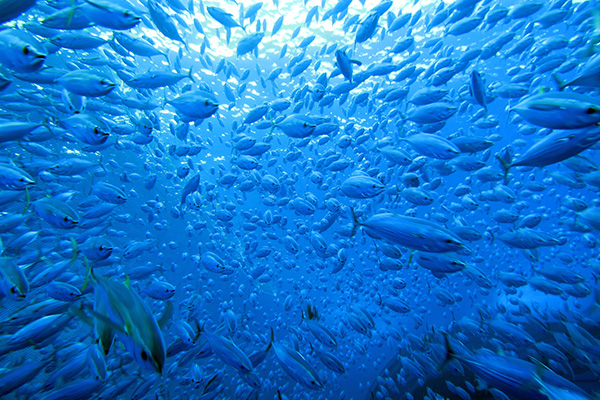
Fisheries
Guide shows commercial tuna fishers how to build net-free, biodegradable fish aggregating devices
A new net-free, nearly 100 percent biodegradable design for fish aggregating devices could help minimize the impact of commercial tuna fishing.
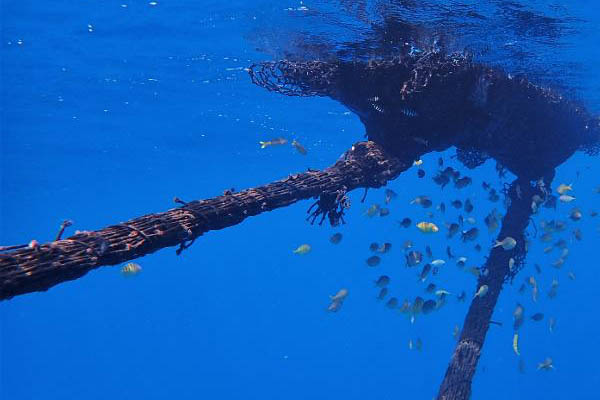
Fisheries
Can repurposing fish aggregating devices make MPAs more effective?
A new study suggests that fish aggregating devices could be repurposed to enhance marine protected areas (MPAs).
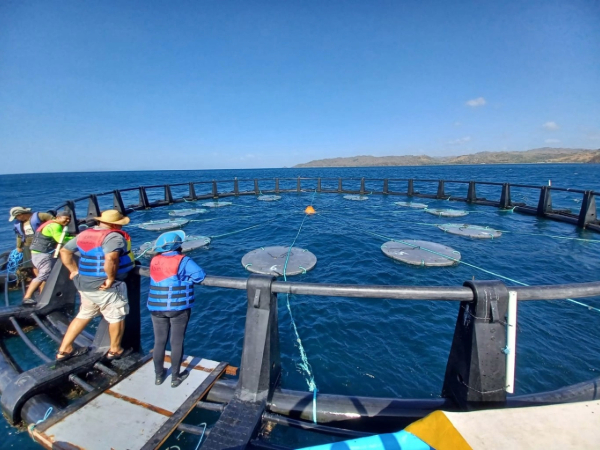
Fisheries
New fish aggregating device aims to reduce marine waste in tropical tuna fisheries
Trials are underway to validate a new fish aggregation device that is biodegradable, floating and submersible.
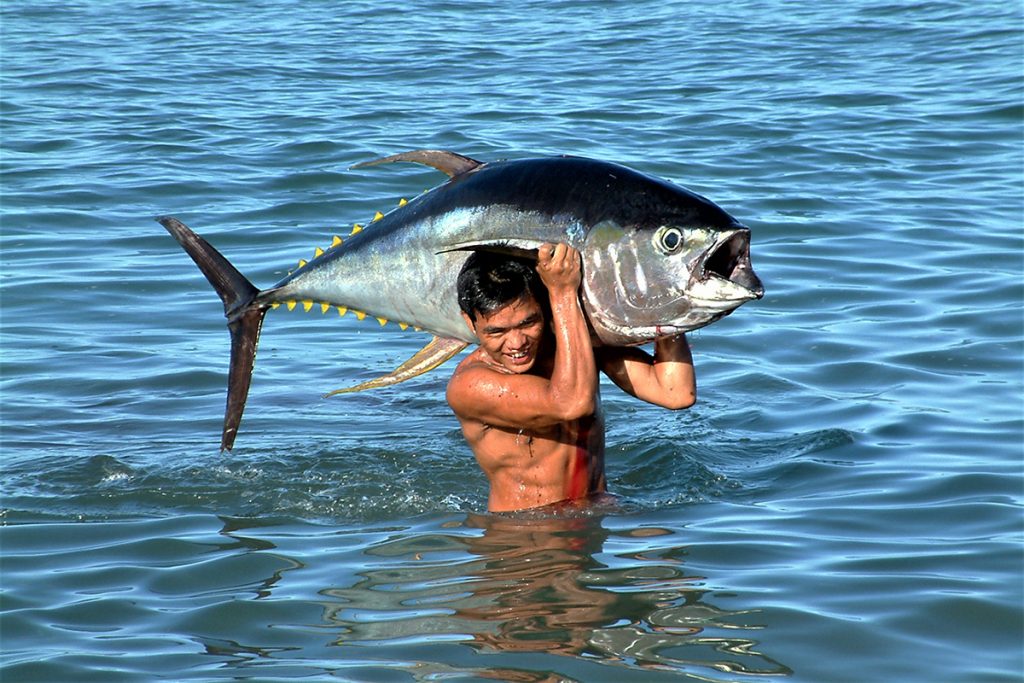
Fisheries
EU presses for Indian Ocean tuna fisheries management changes
The European Union has made four proposals for the Indian Ocean Tuna Commission session next month to improve tuna fisheries management.



